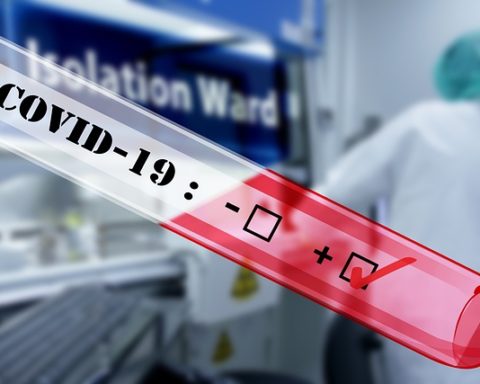Whether you are trying to get pregnant, or avoid pregnancy, understanding your ovulation cycle is of crucial importance. And yet, women either end up with surprise pregnancies, or spend months and months unsuccessfully trying to conceive. Why is that? The simple answer is – they have a hard time determining and calculating their fertile days.
Most women rely on their own skills and experience to determine the exact time of their ovulation. They make sure to have a menstrual calendar and notice the signs that their body sends during their cycles. This way, they take a guess at which days constitute their fertility window. Don’t take this the wrong way, it’s an educated guess most of the times. But, since there are around six days a month which could ultimately lead to pregnancy, it is important to be precise with these predictions.
However, even after tracking their cycle and doing all the right calculations, something still seems not to be working correctly. Furthermore, not all women have a regular cycle, which means that the fertility window might also shift. That’s hormones for you, ladies. You can never be 100% confident and sure in your assessments.
But, there is a way to be more precise. It is a device that emerged on the market after excessive demand for controlling and monitoring fertility has been recognized. And more and more women are resorting to this option. It offers necessary security and allows ladies to be more in charge of their own menstruation cycle. Since you are probably wondering what I am talking about, let’s check the product out.
Fertility Monitors
A fertility monitor is an electronic device that is used to predict the most fertile days in a woman’s ovarian cycle. There are models that measure the luteinizing hormone (LH) and estrogen levels in your urine, or those that track your body temperature like a thermometer. Nevertheless, both are great tools in predicting the most probable time for getting pregnant.
These gadgets are small, practical and portable. Basically, they serve as your home-gynecologist, but only for ovulation predictions. And, you always have some additional questions for your gynecologist, so it’s only natural that you also have questions about this product.
How Do They Work?
A couple of days before and after, together with the exact day of ovulation, make for the days that offer a high chance of pregnancy. As you already know, ovulation is triggered by an increase in the level of some hormones. The most important of those are LH and estrogen. This increase occurs a few days before the egg is released, that is, before ovulation. So, keeping track of those hormones is enough to determine when you might get pregnant.
The levels of these hormones can be measured by noticing the changes in some body fluids and body temperature. That is exactly what the monitor does. They use a few drops of your urine, or saliva and discovers the hormone surge in your organism. The ones that measure your temperature are also efficient, but might be a bit less accurate. And that brings us to our next question.
Are They Precise?
Research has shown that these monitors are quite reliable. Some of them even boast about being 99% precise. Do some investigation of your own to find fertility monitors that you can count on and are accurate, in order to be completely sure that you are getting good value for your money. But, generally, there is not much room for mistakes with these devices, especially if you take into account the symptoms that you will have at the same time.
Can I Use It As A Birth Control Method?
Now, probably every single adult in the world by now knows that there are only a few days a month when a woman can conceive. So, when trying to avoid this, you really shouldn’t worry about all the other days, right? And, while using a calculating device like this, things get even easier and you get more carefree, right?
Well, right and wrong at the same time. Although these devices can precisely calculate your fertility window, it is really not advisable to use it as a method of birth control. Why, you are wondering? Well, it is rather logical.
After having sexual intercourse, sperm can survive for around five days in your body. But, the fertility monitor measures a slightly shorter period, i.e. only two days before the egg is released. I suppose now you realize why it wouldn’t be effective as a birth control.
All in all, there is exact science behind determining your ovulation and monitoring your fertility pattern. And, when you have a fertility monitor by your side, it is rather impossible to make a mistake. Make sure to use it properly and you will be the one in control.








